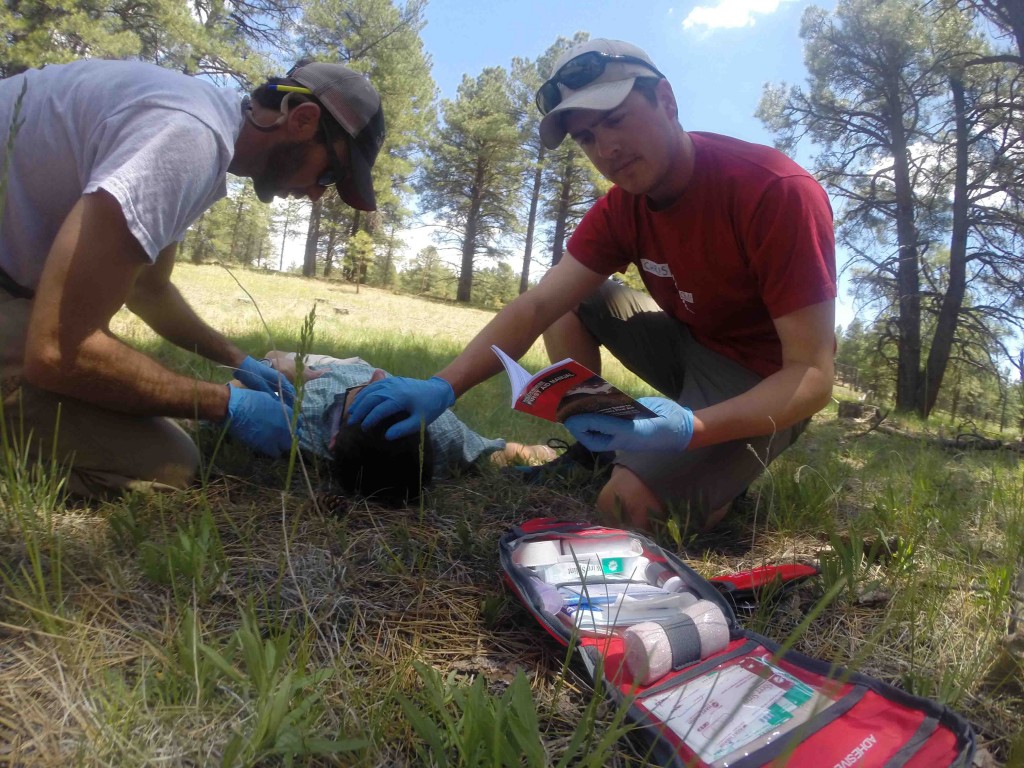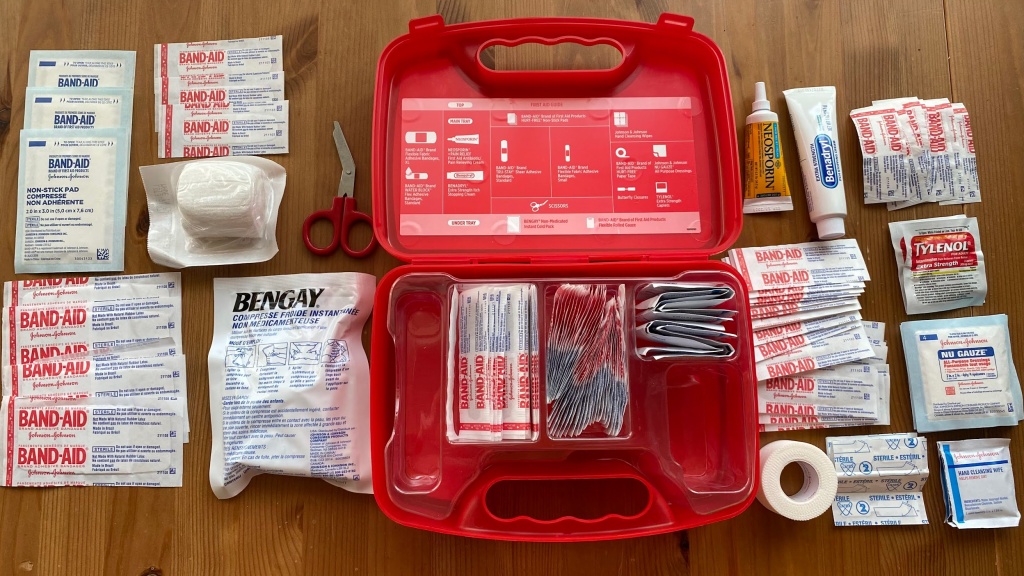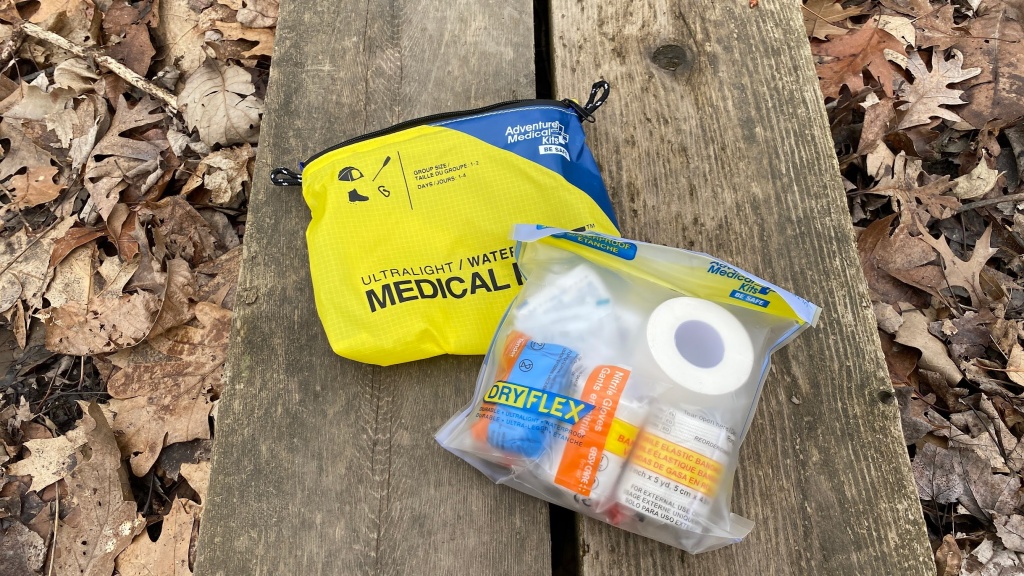To evaluate the different first aid kits in our review, we tested each in real-world conditions while rock climbing, backpacking, ski touring, mountaineering, and on extended road trips. We also called upon these kits for our day-to-day lives: on more typical day hikes and to treat everyday bumps and scrapes around the home and office.
We also tested them to determine how they performed in simulated first aid scenarios during Wilderness First Responder (WFR) training. Putting them in the hands of first aid veterans and novices alike illustrated the effectiveness and user-friendliness of each kit.
We evaluated individual performance using a set of pre-defined metrics to ensure fair and standard testing.
Quality
We assessed quality by inspecting the case for notable weaknesses and then opened up the kits to critique the quality of the contents. We closely examined all the components but with a particular focus on bandages, which are likely to be used most. Packaging goes a long way in ensuring that the contents are kept sterile, so we were critical of those kits whose supplies are inadequately protected. We also looked at the kit's additional tools like trauma shears, forceps, or extra items like cold compresses.
Assortment
Whether or not a kit is useful depends on the assortment of included supplies. We don't want to carry a first aid kit full of 50 different types of Band-Aids on an expedition, nor do we feel the need to be set up to respond to major trauma emergencies on an everyday hike. Similarly, an emergency ultralight kit is not useful to a parent looking for an at-home setup with many adhesive bandages for the bumps and scrapes of daily life. So for this assessment, we separated kits into categories based on their most likely purpose and then examined their contents within the framework of their intended context.
Versatility
As a balance to assortment, having a single kit that can be used in multiple situations is beneficial. In evaluating versatility, we see if the kit can be pared down or beefed up easily based on context, trip length, and group size. We also examined the type of supplies present and whether they can treat common front-country and backcountry injuries. Some of the kits come with handy first aid books, but we noticed that these books often cover incidents that the kit itself does not have the equipment to deal with adequately.
Durability
A first aid kit is only as durable as its case, so that is the first thing we considered. Internal organization is also key, as the more cluttered the contents become, the less useful they become. Many contents are considered one-time use, so ease of resupply is important. But tools like trauma shears should last for quite a while, and flimsy plastic ones tend to indicate a general lack of durability.
Weight
Unsurprisingly, weight and packed size are generally a function of volume and types of supplies in any given kit. The smaller they are, the fewer supplies they contain. However, some kits showed a very high usefulness ratio to weight. We recognize that weight is far less consequential for at-home use than for a weekend backcountry trip, so it is a comparatively small proportion of each model's overall score.







